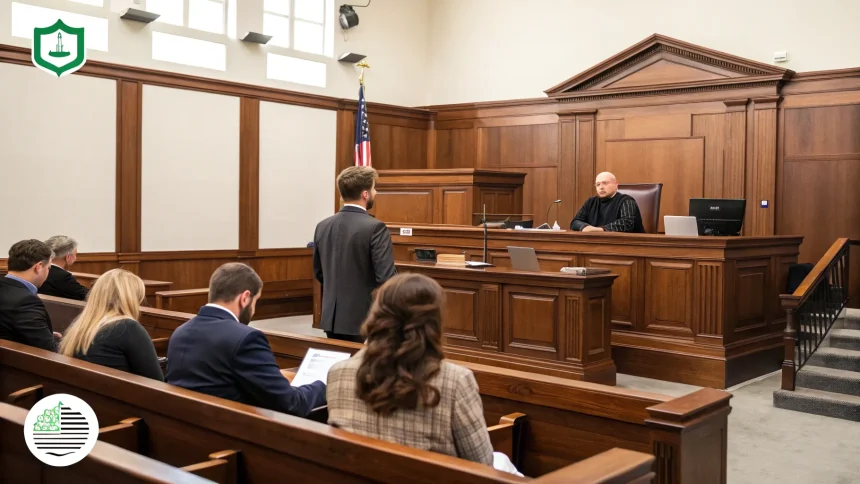A legal challenge has emerged against Apple Inc. regarding the tech giant’s plans to incorporate OpenAI’s ChatGPT technology into its iPhone operating systems. The lawsuit specifically targets Apple’s decision to integrate the artificial intelligence chatbot directly into the core software that powers millions of smartphones worldwide.
The legal action comes as Apple has been working to enhance its devices with AI capabilities, following competitors who have already embraced similar technologies. While specific details about the plaintiff and their claims remain limited, the case appears to focus on Apple’s implementation strategy for ChatGPT.
Integration Concerns
Apple announced its ChatGPT integration plans earlier this year, positioning the AI assistant as a feature that would help users with various tasks directly through iOS. Unlike third-party apps that users must download separately, this integration would make ChatGPT functionality available system-wide.
The lawsuit appears to question this approach, potentially raising issues about:
- User privacy and data handling
- Competitive practices in the tech marketplace
- Potential antitrust concerns
- Default settings that might favor certain AI providers
Industry Impact
This legal challenge arrives during a period of rapid AI adoption across the technology sector. Apple has moved more cautiously than some competitors in implementing generative AI features, but its partnership with OpenAI signaled a major strategic shift for the company.
“The integration of ChatGPT represents one of Apple’s most significant operating system additions in recent years,” noted industry analysts following the announcement. “It fundamentally changes how users might interact with their devices.”
The lawsuit could potentially slow Apple’s AI implementation timeline or force modifications to how the technology is presented to users. Other smartphone manufacturers have faced similar scrutiny over their AI integration practices.
Legal Precedents
The case against Apple joins a growing number of legal challenges related to AI implementation across the tech industry. Courts have previously examined how companies bundle services into operating systems, most notably in cases involving Microsoft’s Internet Explorer and Google’s search engine.
Legal experts suggest this case could establish important precedents for how AI services are integrated into consumer technology. The outcome might influence not only Apple’s approach but also how other companies implement AI features in their products.
Apple has historically defended its integration practices as beneficial to users, arguing that built-in features provide better security, privacy, and performance than third-party alternatives.
As the case proceeds through the legal system, Apple will likely need to demonstrate that its ChatGPT integration doesn’t unfairly disadvantage competitors or compromise user choice. The company has not yet issued a formal response to the lawsuit.
The timing of this legal challenge is particularly significant as Apple prepares for its next major operating system release. The company will need to carefully navigate these legal waters while maintaining its product development schedule and market position in an increasingly AI-focused technology landscape.









